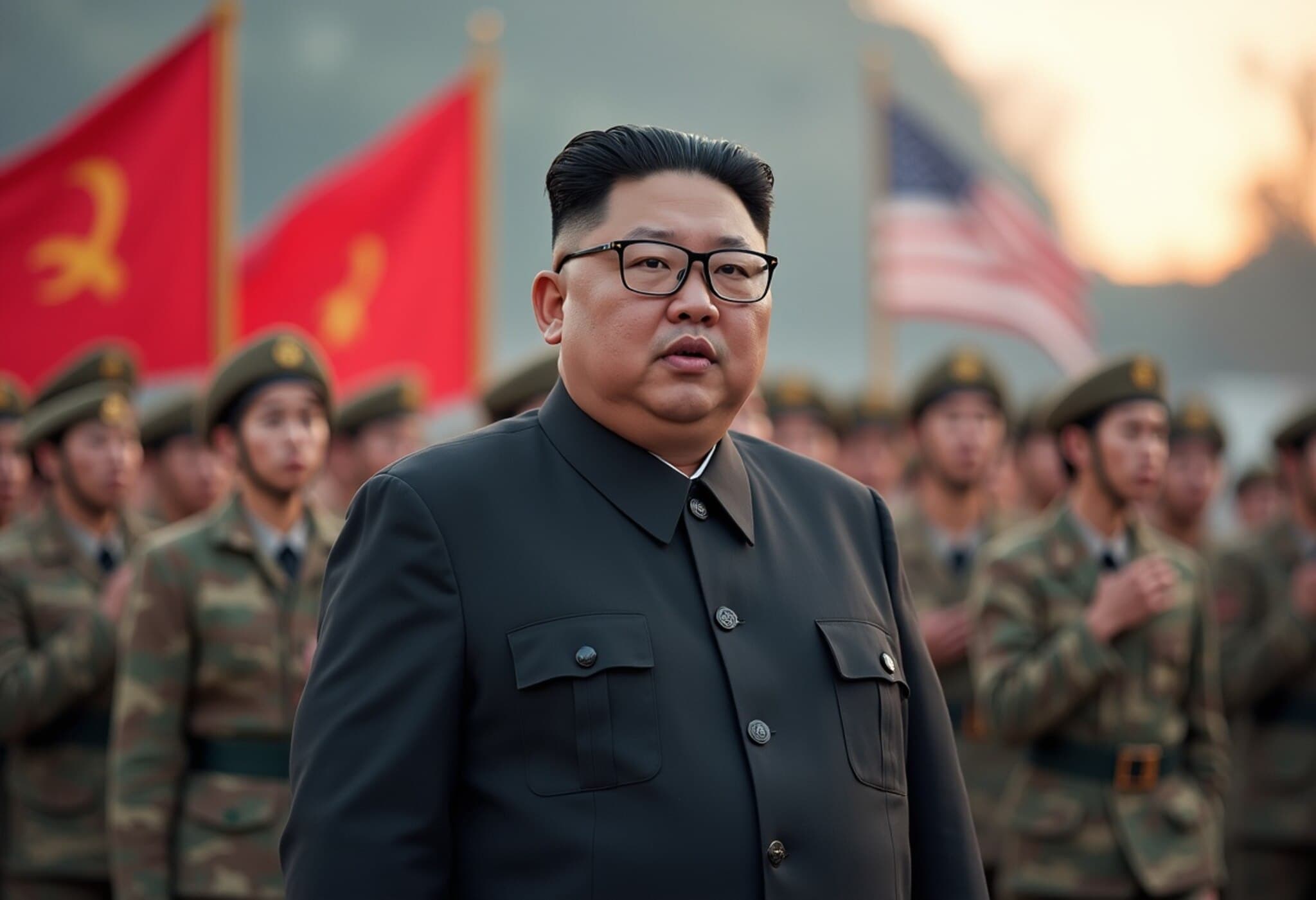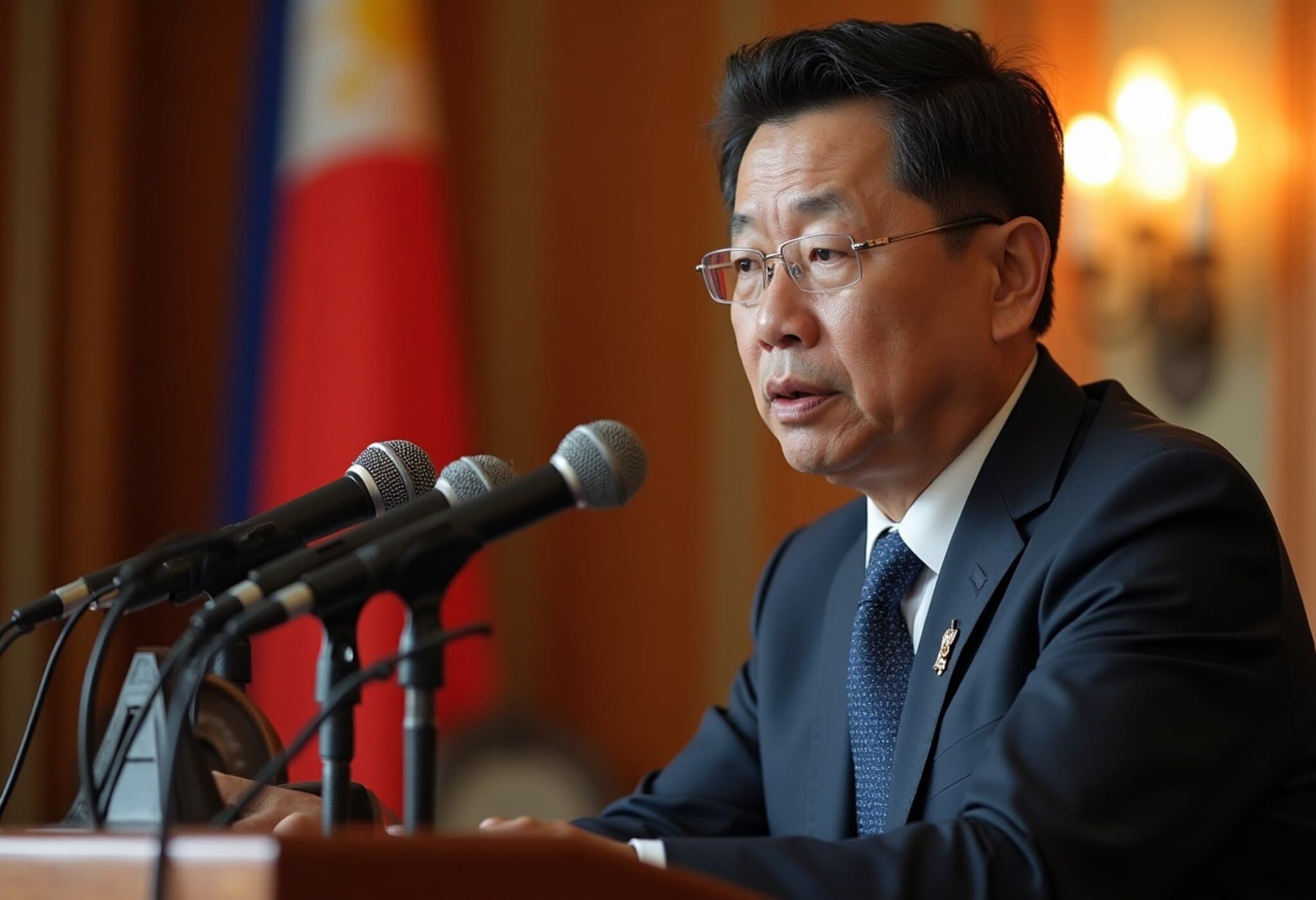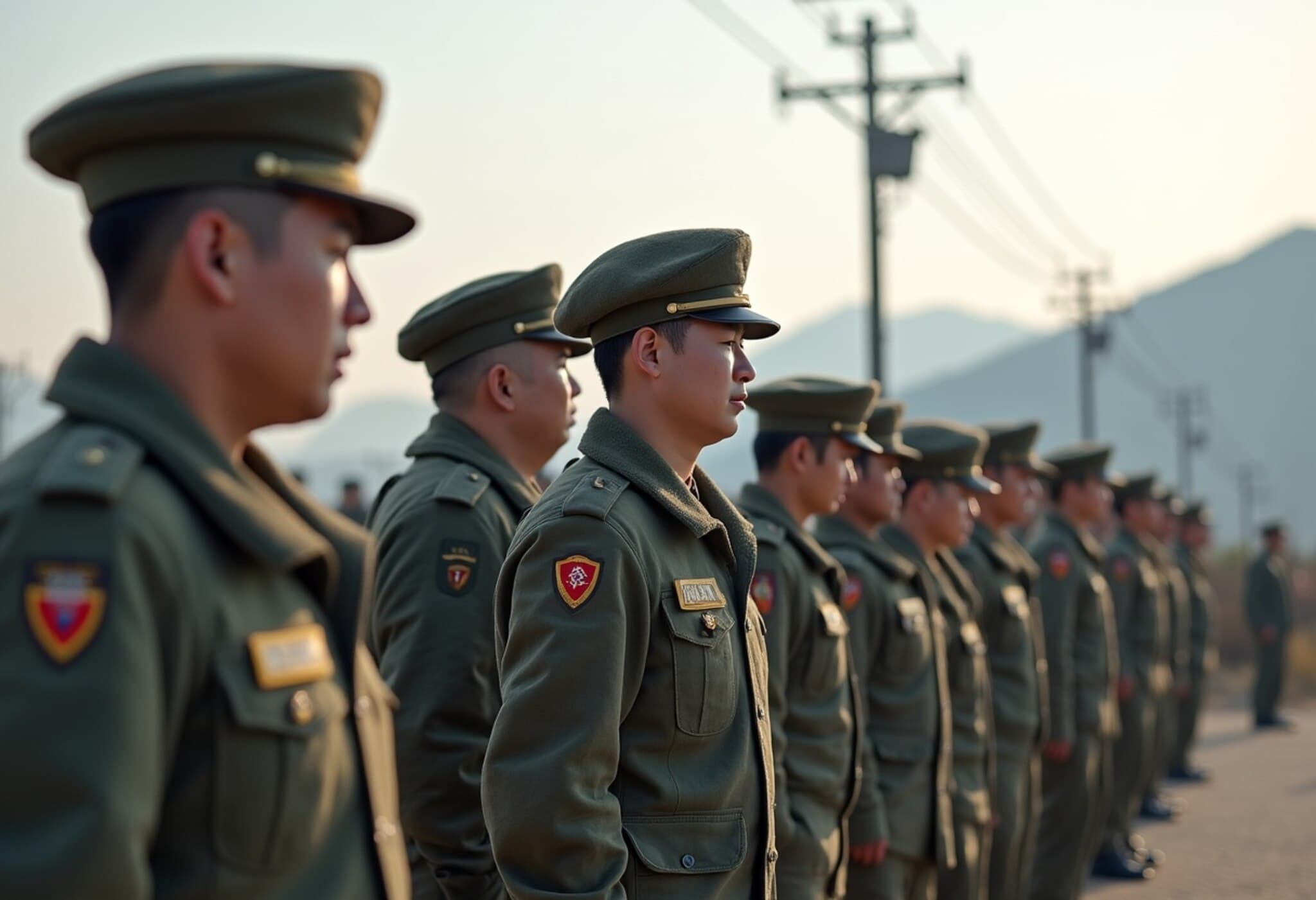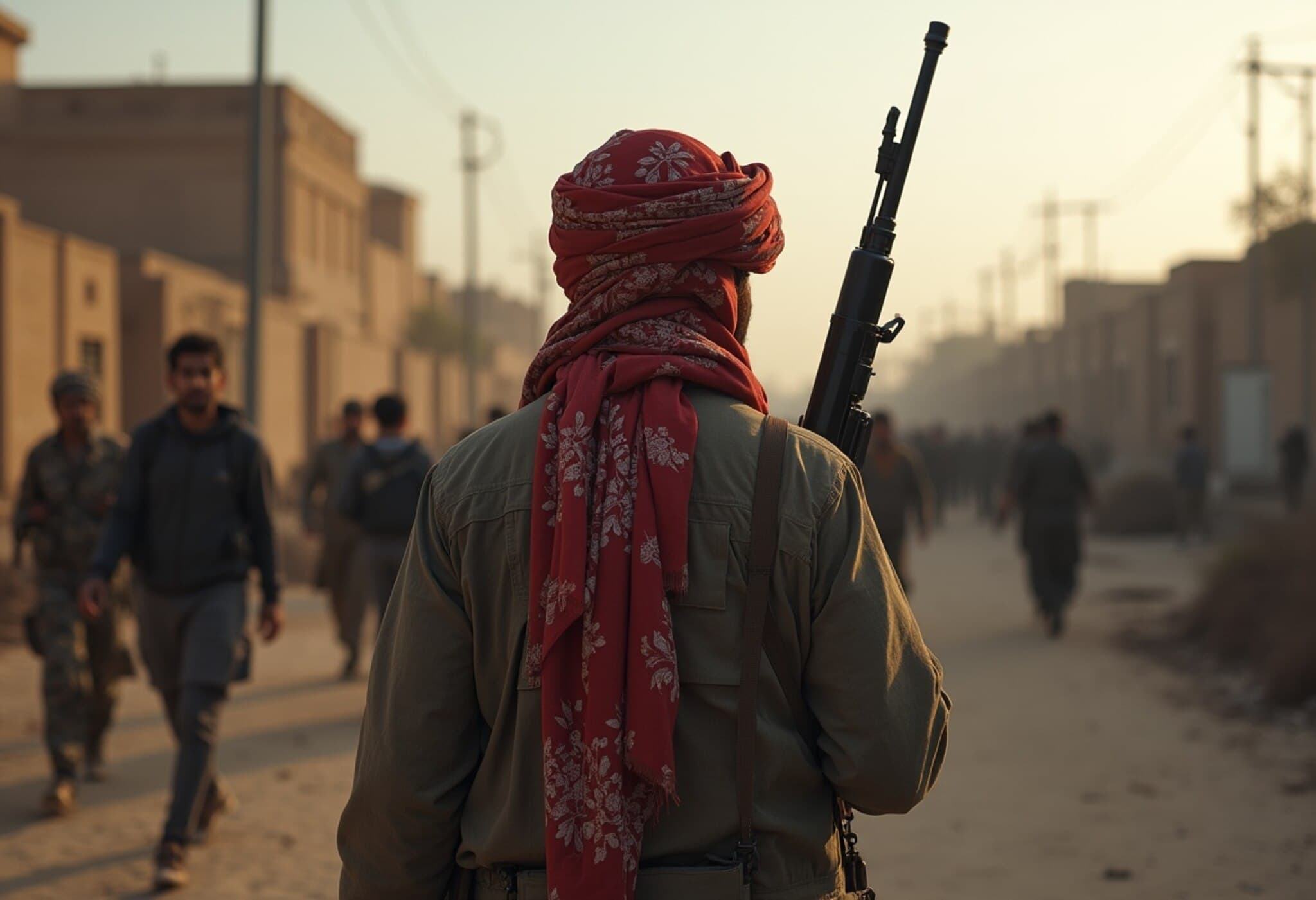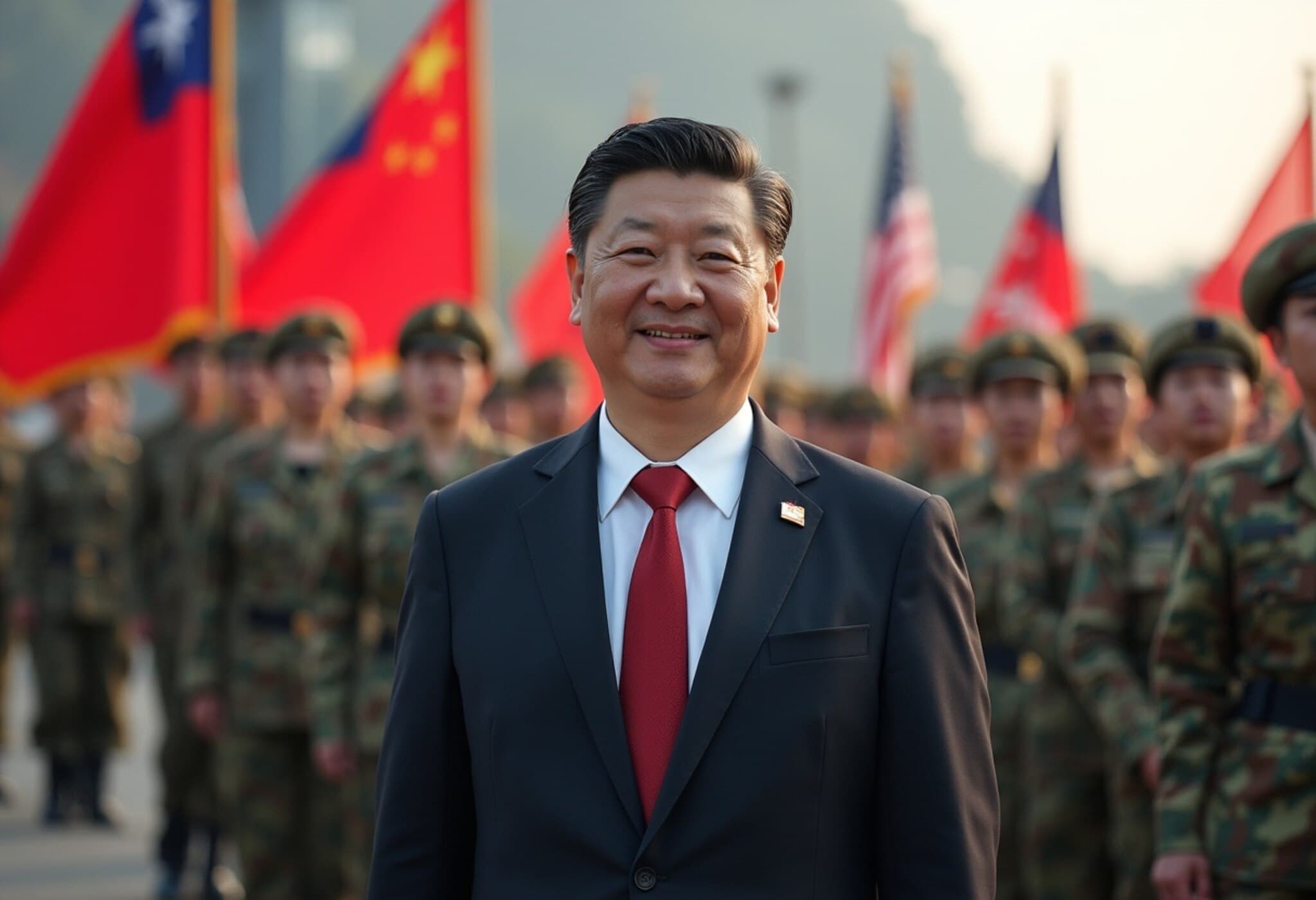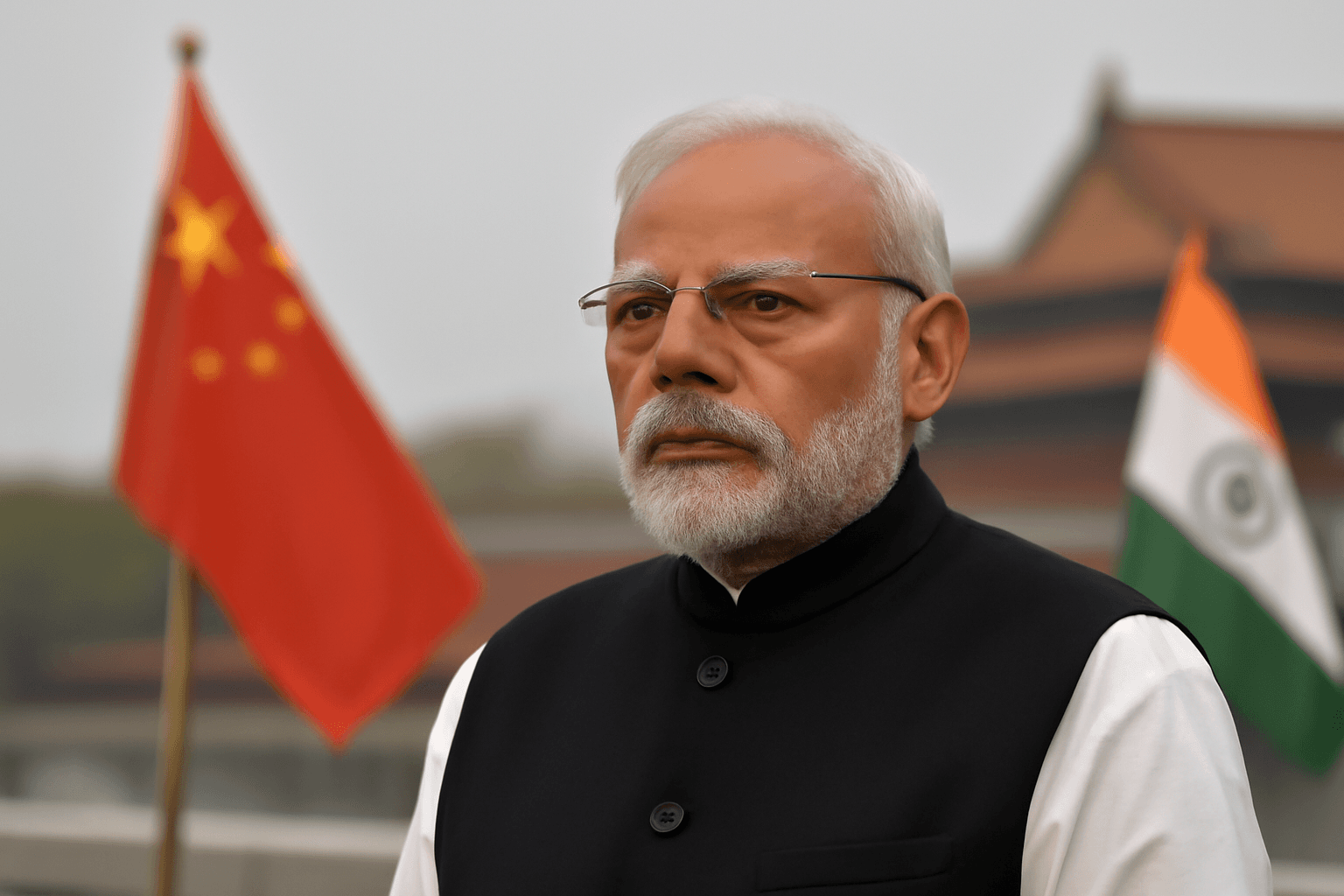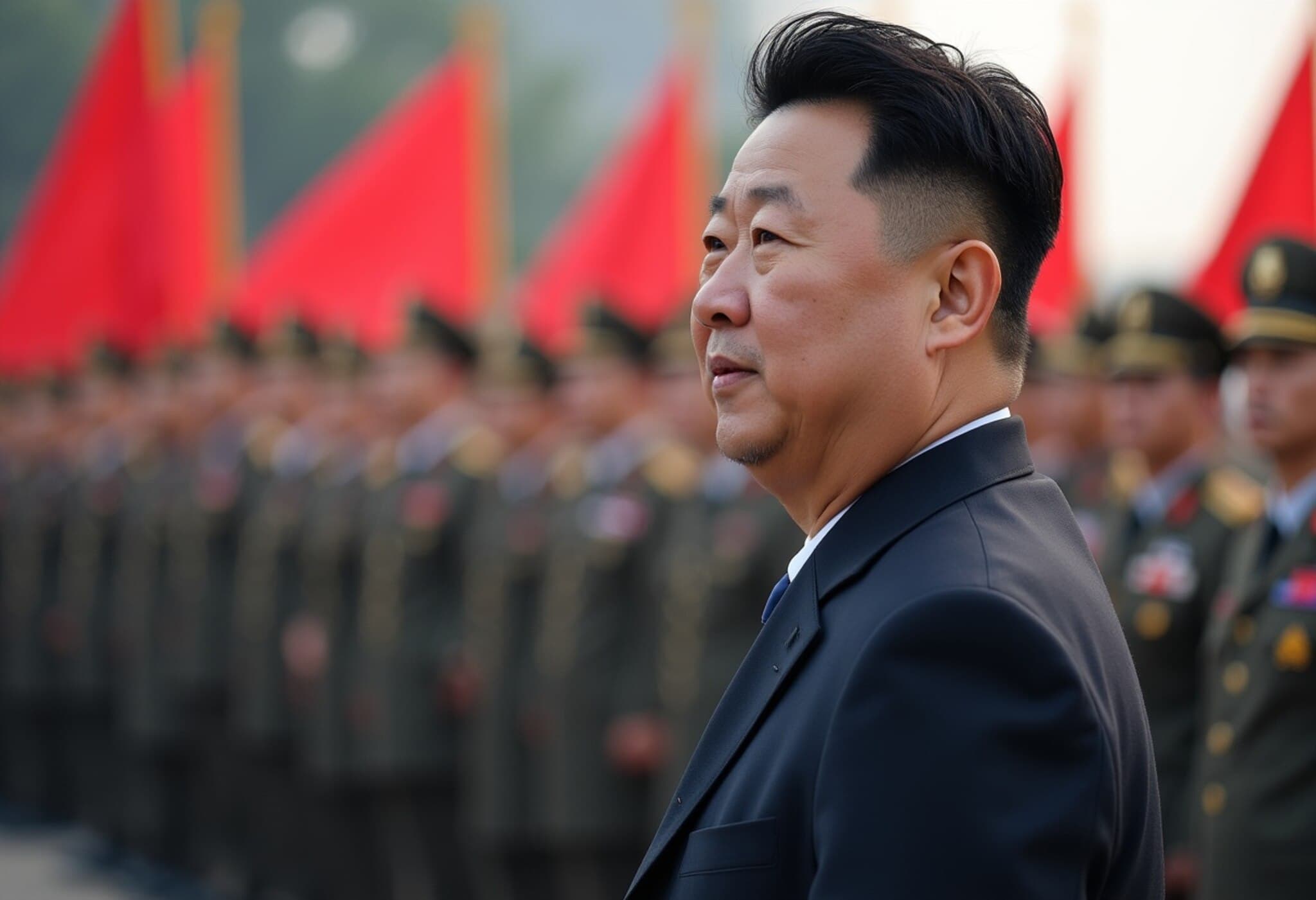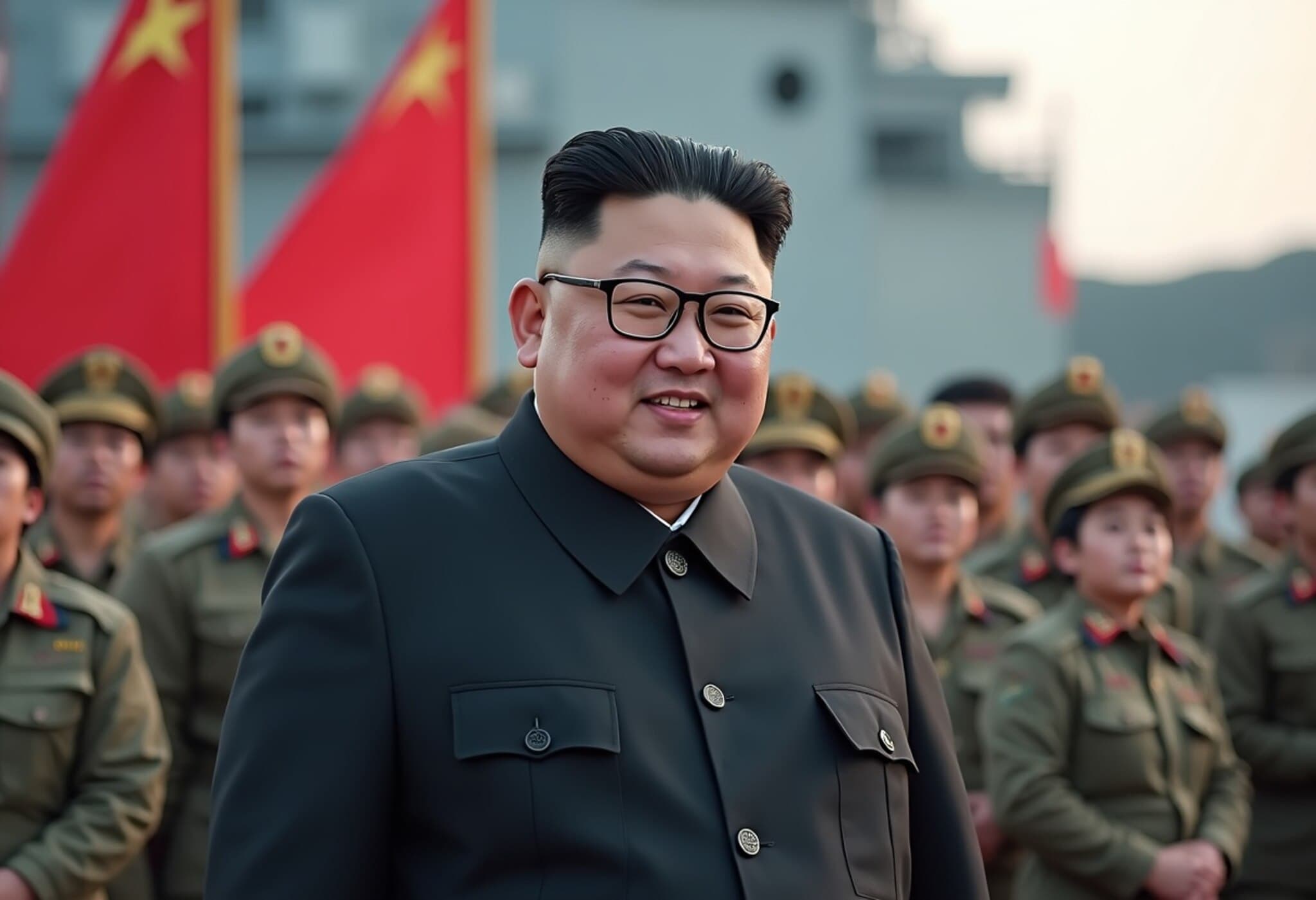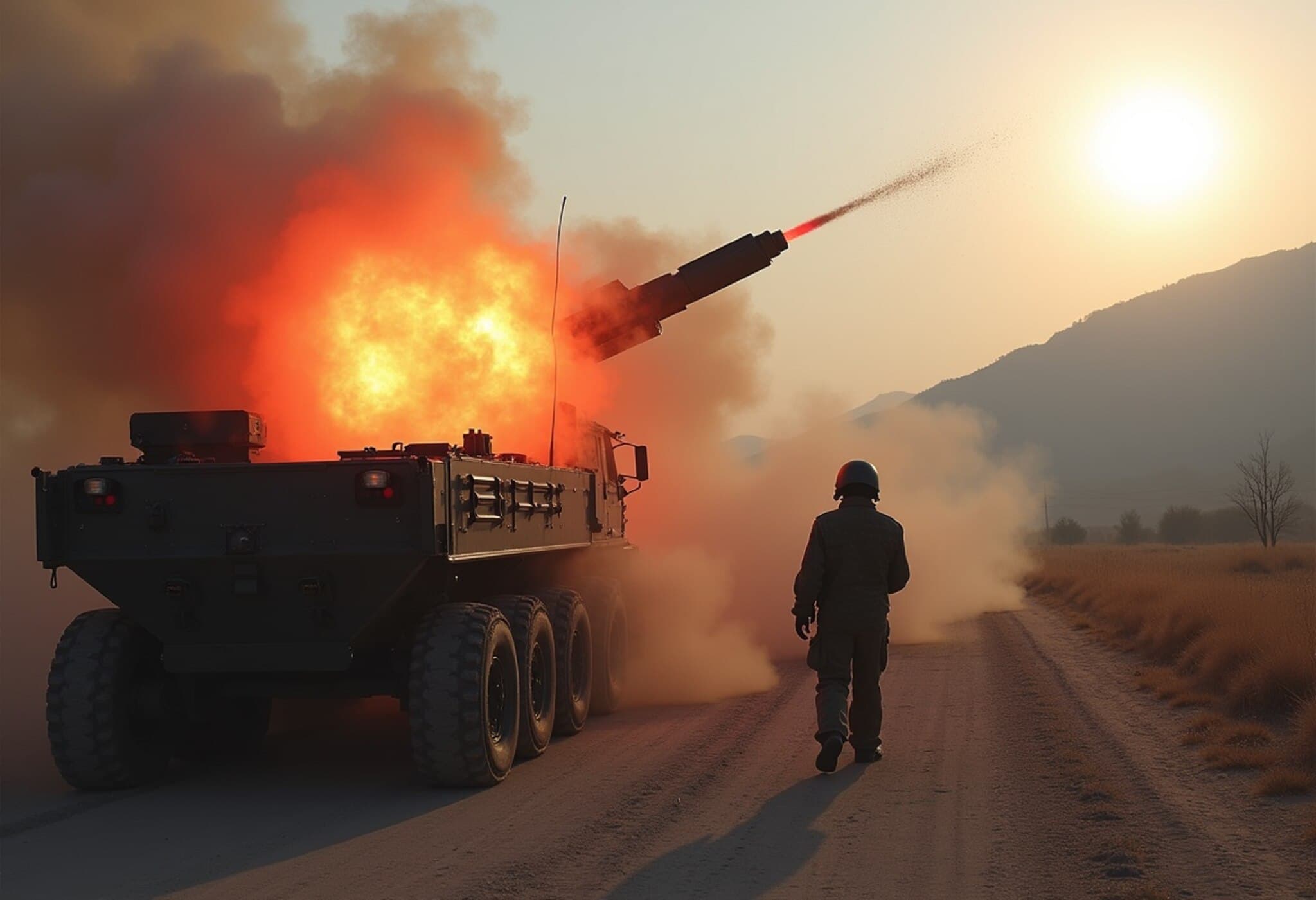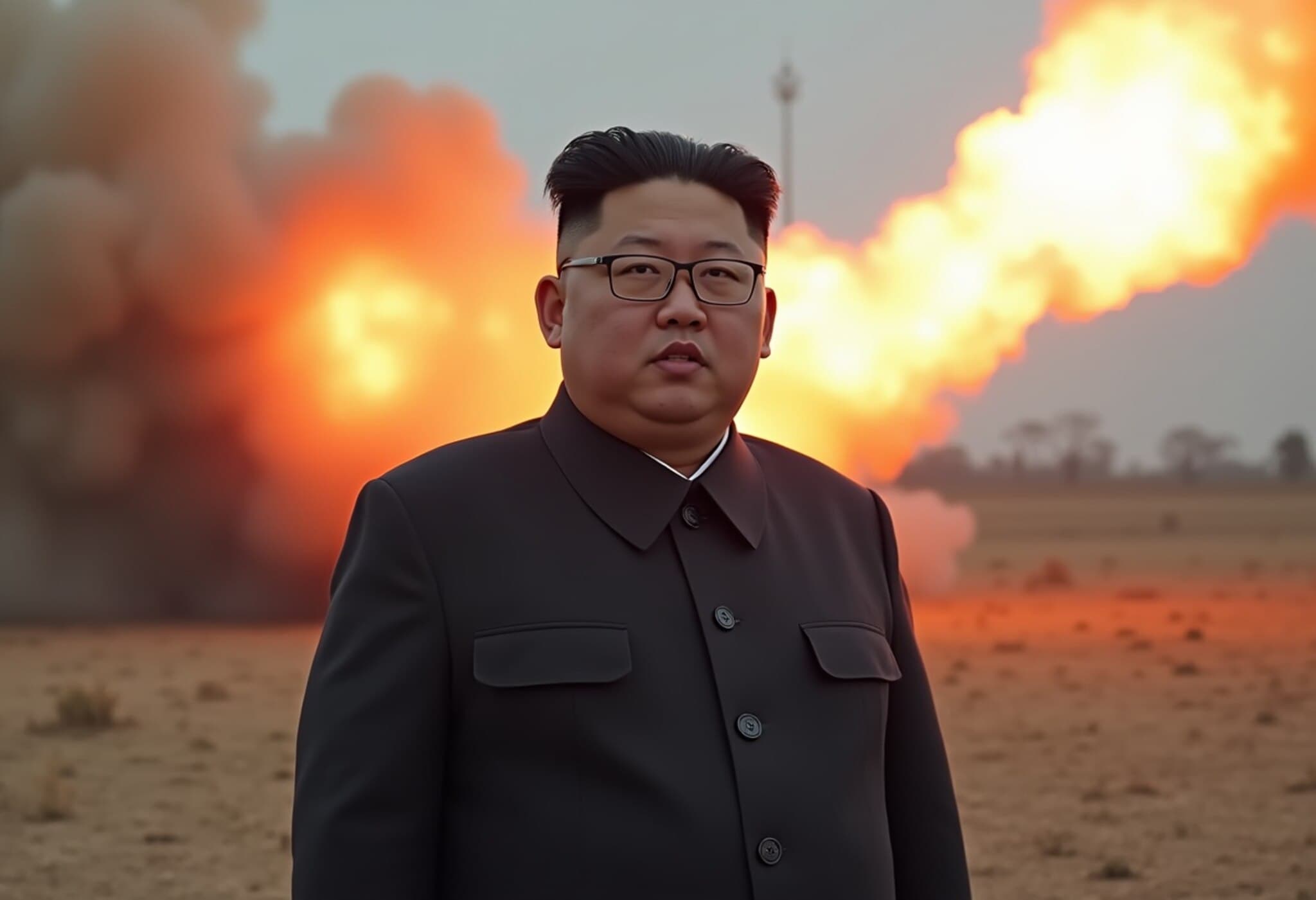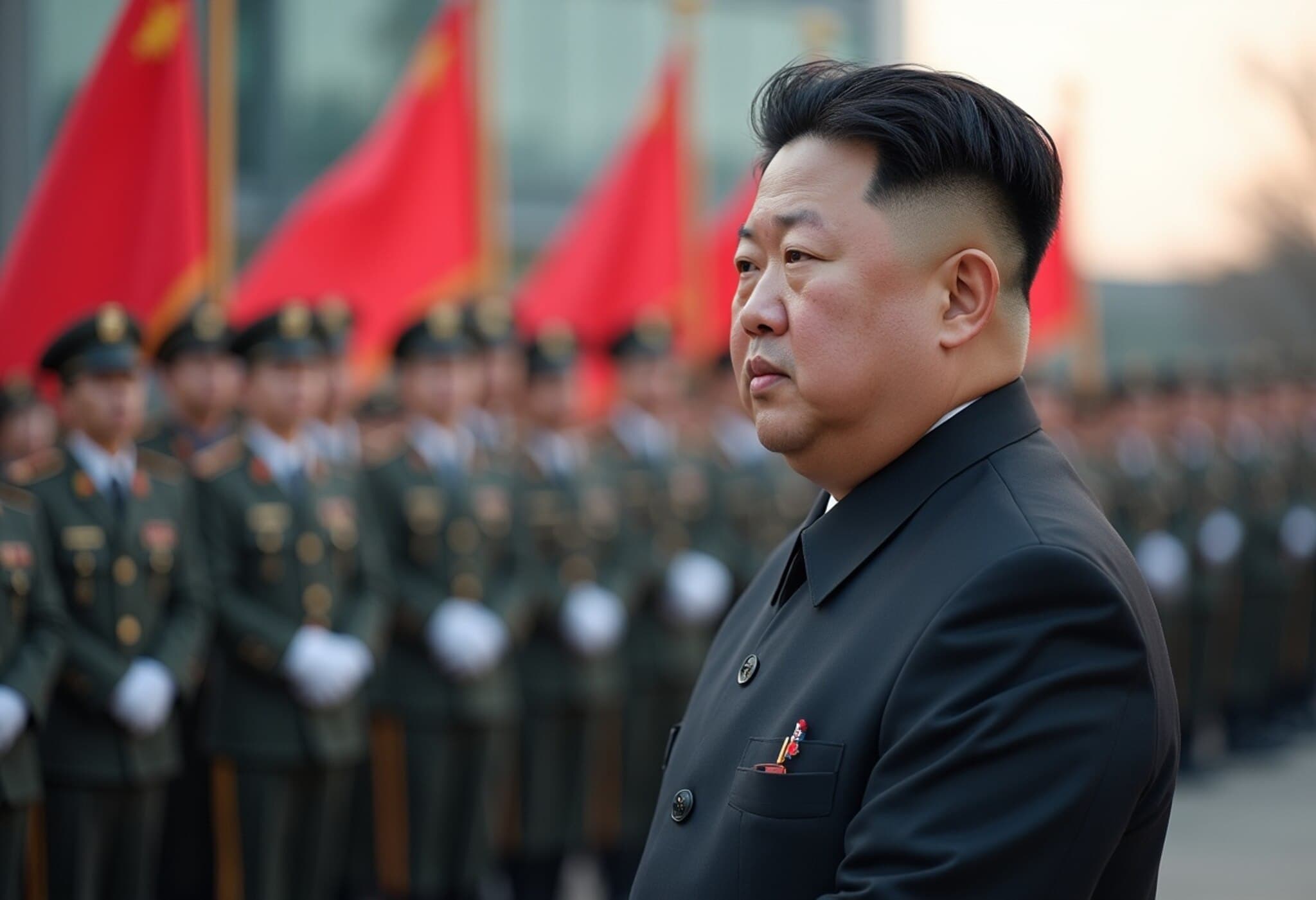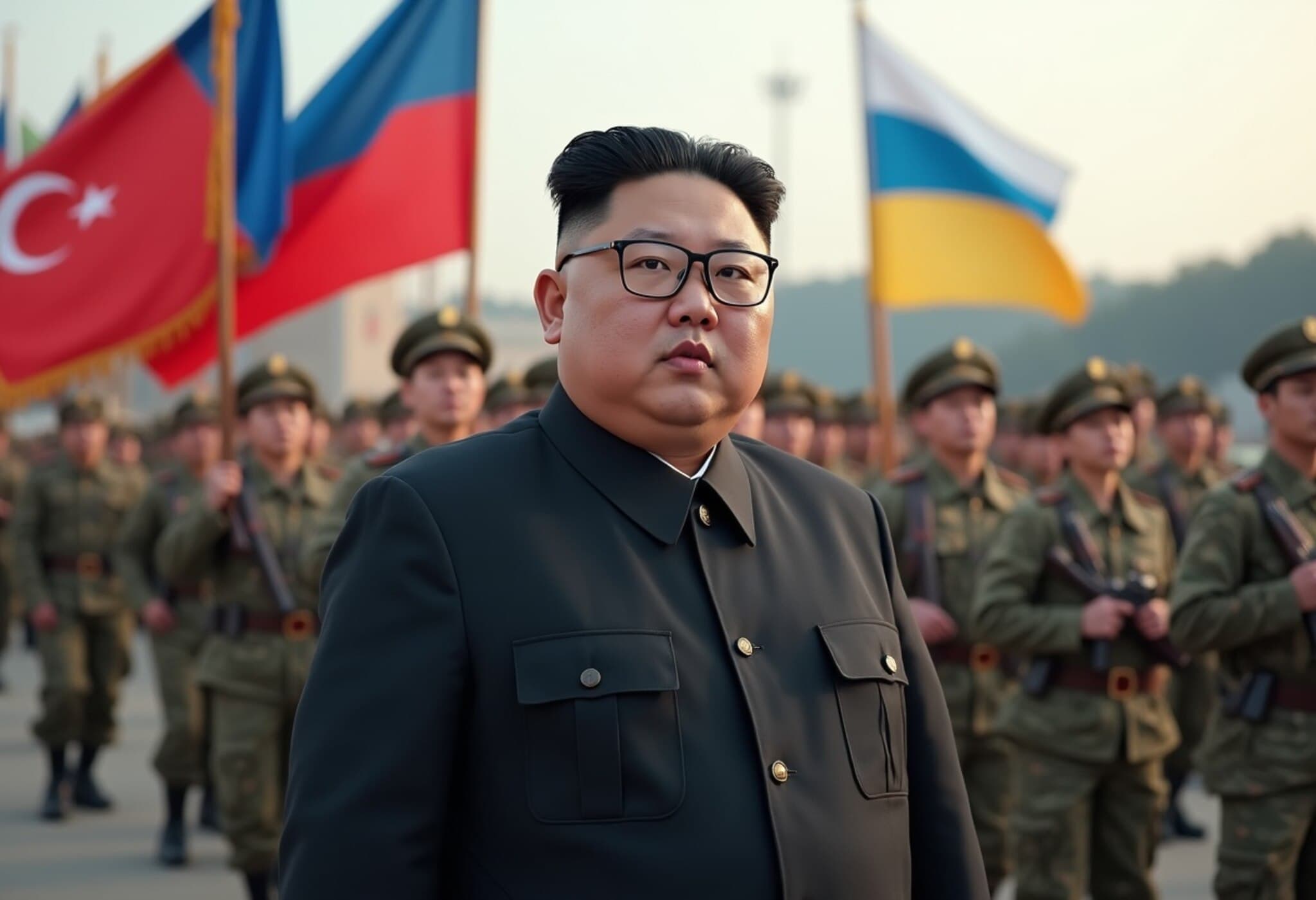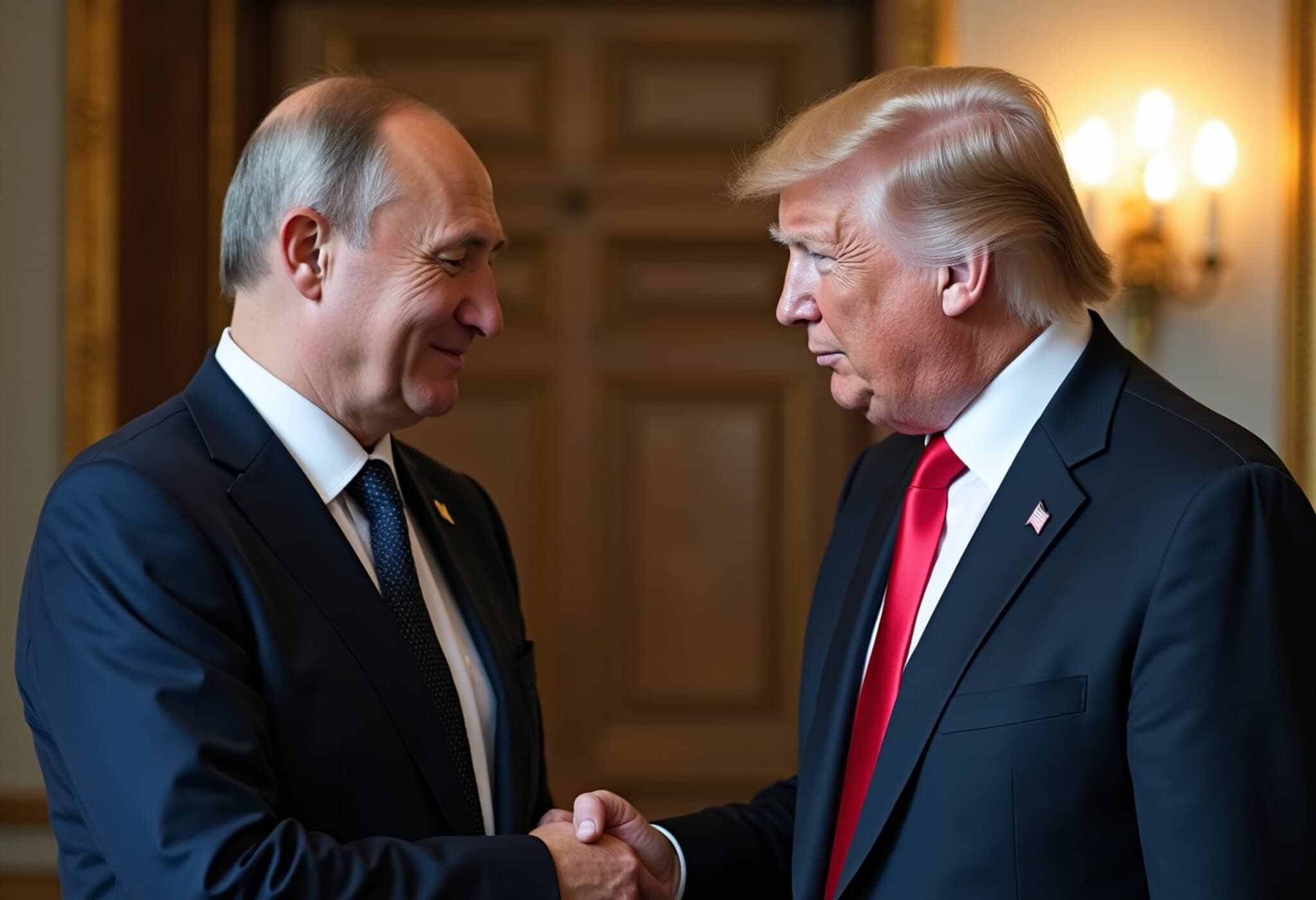North Korea Labels Joint US-South Korea Military Exercises a Direct Threat
Amid ongoing regional complexities and a cautious thaw in inter-Korean relations, North Korea has condemned the upcoming large-scale military drills conducted jointly by South Korea and the United States. The Democratic People’s Republic of Korea’s (DPRK) Defence Minister, No Kwang Chol, characterized the 11-day exercise as a "real and dangerous threat" to North Korea’s national security, promising a "resolute counter-action" to these maneuvers.
Defence Minister’s Warning Highlights Persistent Tensions
In a statement carried by North Korea’s official KCNA news agency, No Kwang Chol underscored his country’s "absolute mission" to safeguard sovereignty and denounced the drills as a provocative show of military force. He maintained that the exercises, framed by the allies as defensive against North Korea’s nuclear ambitions, only intensify hostility and destabilize regional security on the Korean Peninsula.
Historically, Pyongyang has viewed joint military drills by the US and South Korea as rehearsals for invasion. In response to previous exercises, North Korea has escalated missile tests and artillery drills, raising alarm bells across the strategic environment of Northeast Asia.
US and South Korea's Perspective and Partial Postponement
The United States and South Korea have emphasized that the annual joint exercises aim to enhance readiness against the increasing nuclear threat posed by North Korea. The drills, originally slated to commence on August 18, focus on testing command control systems and troop mobilization capabilities as part of an upgraded security strategy.
However, unpredictable weather conditions led the allies to postpone key parts of the field exercises to a later date, a decision interpreted by analysts as a nod to the new South Korean President Lee Jae Myung’s efforts to soften tensions with Pyongyang after his June election victory.
Signs of Easing Amid Persistent Challenges
Despite the sharp rhetoric from North Korea and ongoing missile developments, subtle gestures suggest a cautious move towards de-escalation. South Korea reported detecting the removal of loudspeakers on the North’s side of the border—devices used historically for broadcasting propaganda—soon after beginning to dismantle its own. Officials at Seoul’s Unification Ministry interpret Pyongyang’s toned-down criticisms as a signal that North Korea is focusing on expressing its official stance without overt military threats.
This delicate balance underscores the complex nature of inter-Korean dynamics, shaped by decades of conflict, mistrust, and geopolitical rivalry involving Washington, Seoul, and Pyongyang.
Expert Insight: The Broader Implications
From a strategic perspective, these joint military exercises serve as a double-edged sword. On one hand, they demonstrate a firm US-South Korea alliance committed to deterring aggression and protecting regional stability. On the other, they risk provoking Pyongyang into further military provocations, especially given North Korea’s pursuit of advanced nuclear and missile programs.
Domestically, President Lee Jae Myung’s administration must carefully navigate between reassuring the public of strong security measures and pursuing diplomatic openings to reduce hostilities. His approach reflects a broader regional trend where leaders are tested on their ability to manage rivalry without escalation.
In the wider context, the Korean Peninsula remains one of the most volatile flashpoints globally, with significant implications for US foreign policy and Northeast Asian security architecture. The ongoing drills and the North’s reaction spotlight the delicate dance of deterrence, dialogue, and diplomacy underpinning prospects for peace.
Looking Forward
As the joint military exercises proceed with partial adjustments and renewed diplomatic overtures unfold, the international community watches closely. Critical questions linger:
- Will North Korea respond purely diplomatically or resume aggressive posturing?
- Can President Lee's government leverage these moments to push for sustained dialogue?
- How will US strategic interests shape future military collaborations in the region?
The answers to these will influence not only Korea’s future but also broader geostrategic stability across the Indo-Pacific.

